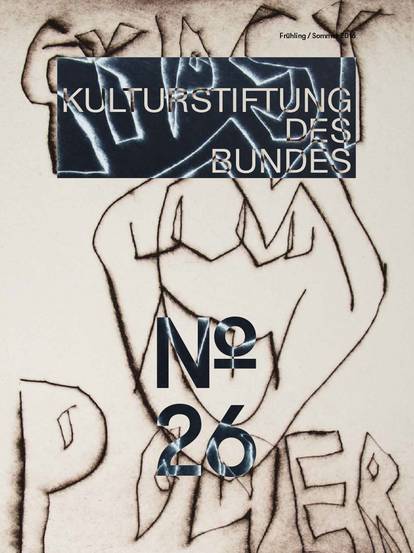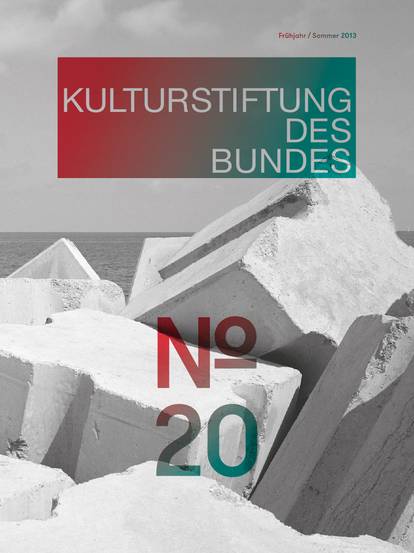Sociopolitically engaged theatre often refers to an audience that has very similar values and views to the theatre makers. How can the theatre escape this trap, which is known in English as "Preaching to the Converted", asks British theatre critic Lyn Gardner against the background of her experiences in the British theatre scene.
We like to think that theatre makes a difference and that theatre-makers and artists are change-makers. Theatre at its most potent can be a form of radical conversation between the stage and the auditorium. In theory theatres should and can be dangerous places; occasionally—but only very occasionally-- they are. When they are it’s why over the centuries dictatorial regimes sometimes try to close theatres down and suppress plays. Belarus Free Theatre and their audiences take a risk every time a performance is staged. Nobody in that audience ever falls asleep.
But that is the exception rather than the rule. For most of us, while theatre offers a window on the world, too often that window is a far narrower one than we like to kid ourselves. When was the last time that you went to the theatre and found yourself shocked and unsettled, learned something you really didn’t know, had your attitudes and opinions challenged, your world view expanded? When did you last see a piece of theatre that didn’t just delight you or challenge you with its aesthetics, but which also made you change your mind, spurred you into genuine action?
Too often theatre is simply preaching to the converted, confirming to its audience what we already think about the world, hitting us over the head with its shared worthiness. Many nights in the theatre it feels as if the playwright and director are preaching from a pulpit to a devout congregation, not conducting a genuine conversation from the stage. Those in the audience already share the same values as those putting on the play. Sometimes the director even tells us what to think in advance with a neatly penned essay in the programme. Such certainty seldom generates complexity in either form or content.
Theatre often makes us feel empathy around pressing issues such as migration and refugees, or sex trafficking or child poverty, and of course there is a real value in that. But it is very seldom that theatre actually changes anything. Most theatre-makers are so wrapped up in being artists that they do not consider their potential role as campaigners or change-makers. A night in the theatre that simply acts as a confirmation of the audience’s long held liberal values is almost always a night in the theatre that is overly cosy. After the lights come up, we head back into our lives unchanged, at worst almost self-congratulatory.
It raises questions about why we buy tickets to see particular shows and whether plays that simply serve up the lives of those less fortunate and more traumatised than ourselves are a kind of what might be described as “poverty porn”. Of course, there is something to be said for making the invisible more visible, but is our empathy enough? What are the ethics of the artist using other people’s trauma as the tool for their own work rather than being the tool by which participants to tell the stories that matter to them.
One of the fascinating things about a play such as "Fairview" by the Black American playwright Jackie Sibblies Drury is that it is a Trojan Horse of a play, it doesn’t tell an audience what to think from the stage but uses stage and the very structures of theatre itself to challenge the predominantly white gaze of theatre and the world outside the theatre. It makes you look differently long after you have left the theatre. It confronts you with the fact that despite all your liberal values, you too might be a racist.
"Fairview" is a play that recognises that part of the problem with theatre is the fact that the people who make it and the people who buy tickets to see it are often drawn from the same socio-economic groups, come from similar backgrounds and have similar levels of education. If the artists making theatre all look pretty much the same and sound pretty much the same, and the audiences do too, the result is a homogeneity of work that allows us all agree to agree.
That drift towards consensus is exacerbated by the fact that the relationship between those who make theatre and those who consume it is largely a transactional one based on the buying of tickets. It tames theatre, because the income of the artists and the building in which they work is dependent on the fact that people keep buying tickets. People like to have their own values mirrored back at them from the stage, they tend to be less keen on having those values questioned.
In the wake of the UK vote to leave the European Union in 2016 many in theatre, including Rufus Norris, the artistic director of the National Theatre, admitted that those working in theatre were out of touch with much of the population arguing “our first job is to educate ourselves to listen a lot more and find out why it is that organisations like the National Theatre are entirely disregarded by half the population, or seen as irrelevant.”
The answer, perhaps, is simply because institutions such as the National Theatre spend far too much time putting on theatre that appeals to the other half of the population who make up the majority of theatregoers. This is not to suggest that theatres in the UK and across Europe should start putting on right wing plays, but rather that theatres and theatre-makers need to think much more actively about the civil role that they can play in society and how they might best serve not just those who already buy tickets but also those who currently would never dream of buying a ticket or stepping inside the building.
Theatres that genuinely embrace their civic role are no longer sterile cathedrals of art but rather the artistic equivalent of town squares, places to which everyone has access, everyone is welcomed and where everyone can speak. They are places where communities can gather together to agree and disagree in a constructive forum, tell the stories that matter to them and imagine a shared future together.
That would be a theatre that is relevant to everyone, not just to the few. That would be a theatre that is vibrant and alive, not just a place where everyone nods in agreement.

![[Translate to English:] Magazine 38](/fileadmin/_processed_/f/1/csm_Magazin38_Cover-Vorschau_921x1230_689f428dc3.jpg)
![[Translate to English:] Magazine 37](/fileadmin/_processed_/b/c/csm_Mag37_Cover-Vorschau_921x1230_b5129fdb2a.jpg)
![[Translate to English:] Magazine 36](/fileadmin/_processed_/2/a/csm_Cover_Magazin36__issuu_2f3cef97bb.jpg)
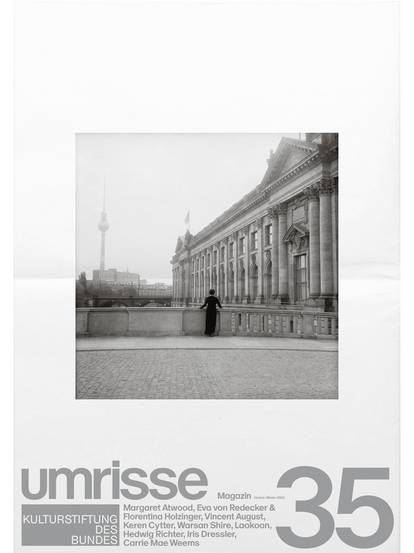
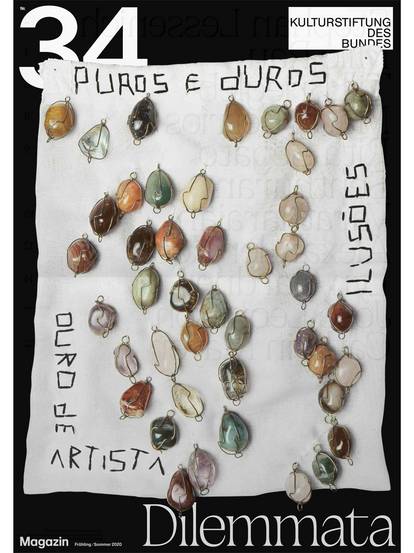
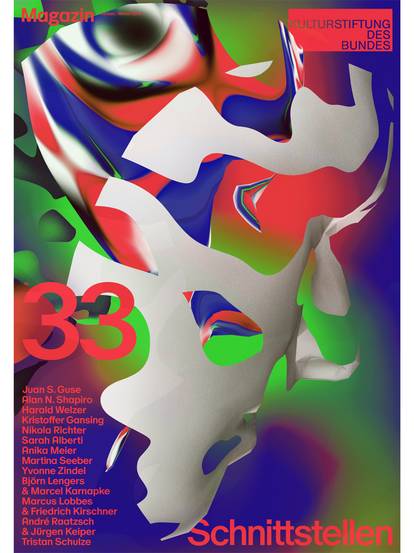

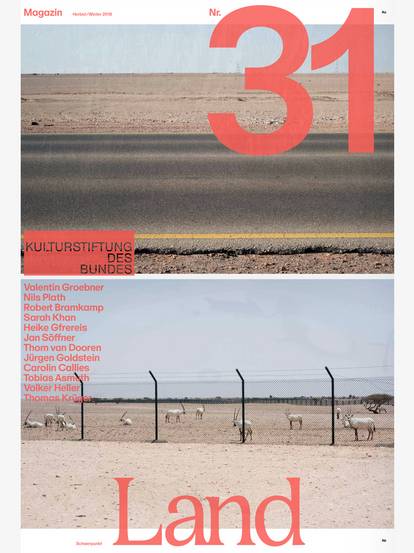
![[Translate to English:] Magazine 30](/fileadmin/_processed_/c/b/csm_magazin30_vorschau_9005f773d3.jpg)



